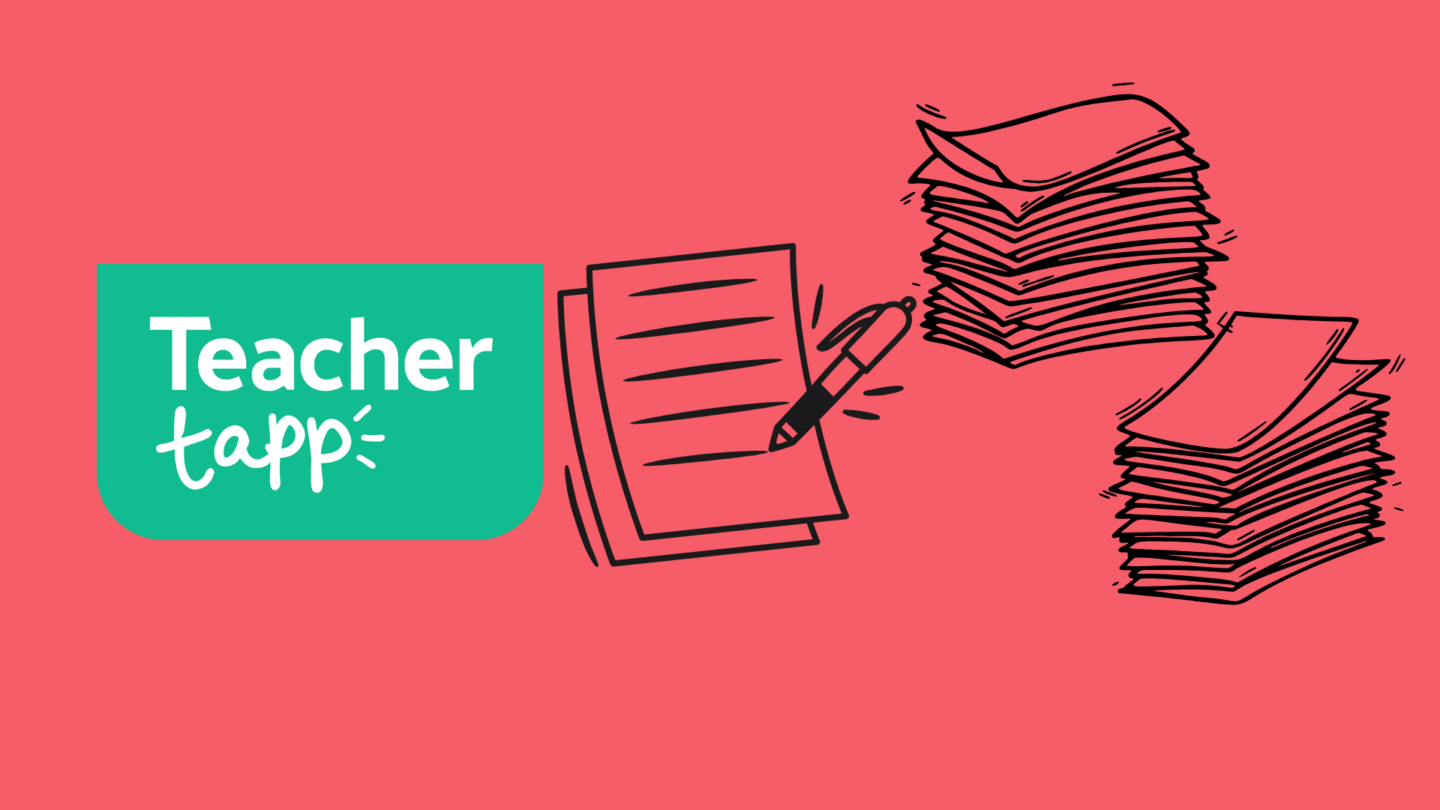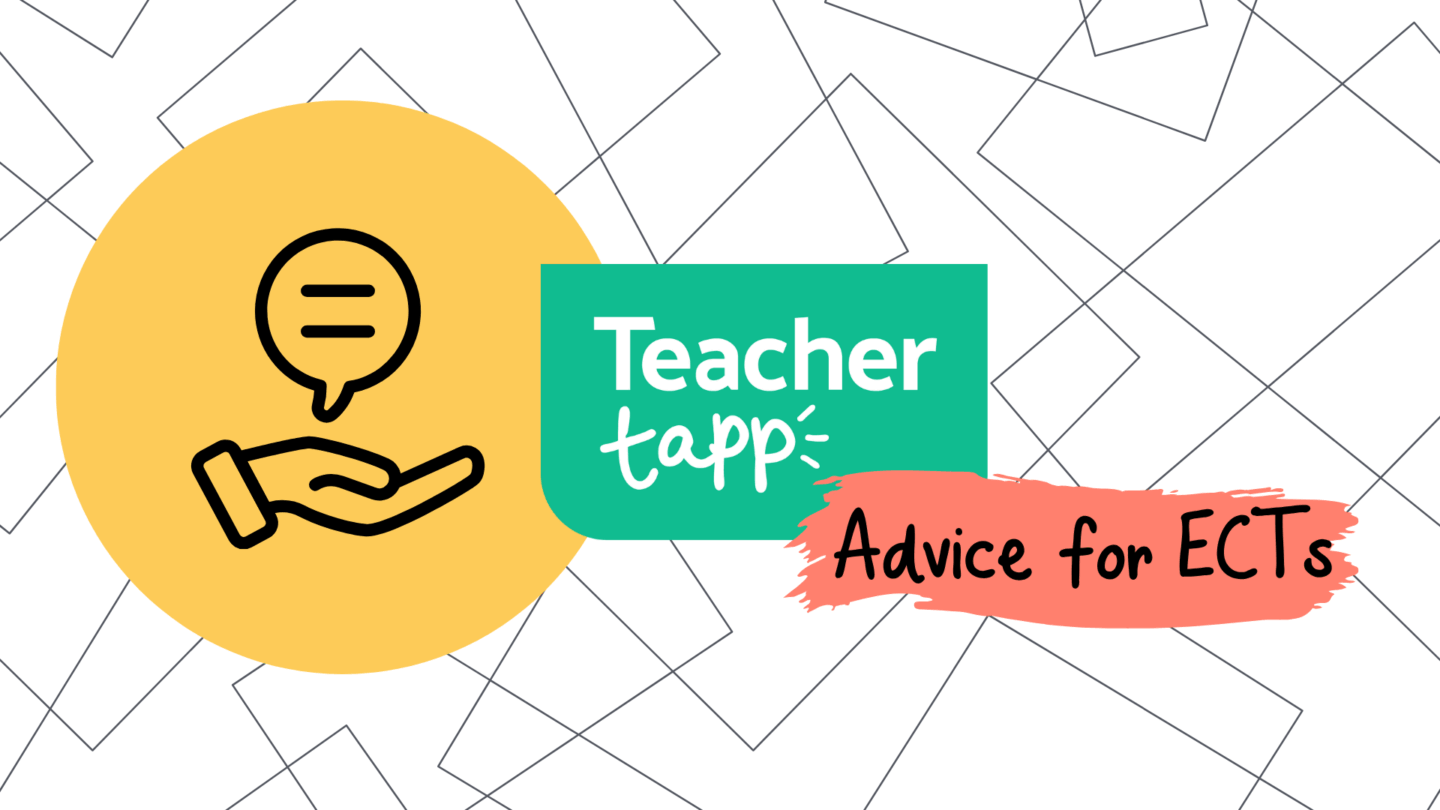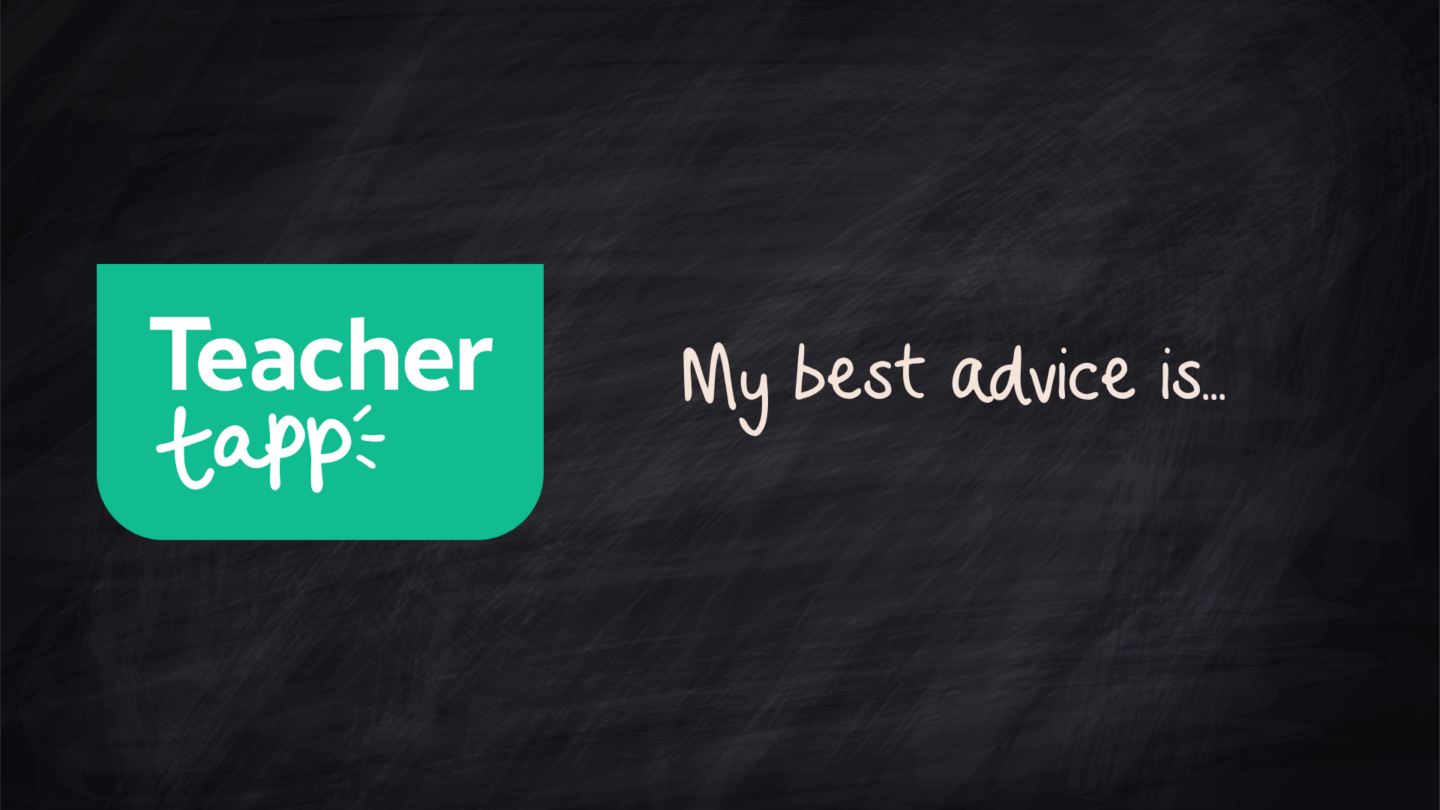There will be a general election in 2024 and the Labour Party are currently projected to win. But what will this mean for schools?
In July 2023, Labour published a 23-page document outlining one of their key missions: “Breaking down the barriers to opportunity”.
It was the first time the party had laid out its full vision for education. Several sections mentioned specific schools-related changes Labour would make if they get into power.
But how popular are the policies among teachers? And which ones should the party focus on – not just in its election campaigning, but also once in power, given limited resources?
The Results: What did 10,000 teachers say?
Using Teacher Tapp, we asked our panel of over 10,000 teachers to prioritise 15 specific policies from Labour Party’s specifically mentioned in the recent education briefing, using a method called ‘discrete choice’ (more on this later).
Here is the overall priority order of those policies as decided by teachers…

The results had two immediately striking conclusions:
1. There was remarkable agreement about the first six policies. Almost every group of teachers prioritised in exactly the same way – regardless of age, experience, school type, etc.
2. Mental health is clearly a top priority. Every iteration of a mental health policy beat everything else.
Where are the disagreements?
A. Taxing Private Schools
The only policy with significant disagreement between some teachers is the private school taxation policy.
Labour has repeatedly said they wish to charge VAT on all private school fees and end exemptions from business rates.
Researchers disagree on the consequences of this policy. The Institute of Fiscal Studies says it could raise over £1.3bn. EDSK is less convinced.
Private school teachers were much less in favour of the tax charges than the average teacher. They ranked it last place (15th) out of all the policies. Conservative-voting teachers also placed the policy last.
Both of these groups are relatively small within the teaching profession – around 7% of teachers work in the private sector, and only 3% of teachers said they expected to vote Conservative at the next election.
B. Review of the National Curriculum & Assessments
Primary teachers were more in favour of Labour reviewing the curriculum and assessments, ranking it 7th above the private school VAT policy.
Secondary teachers were much less in favour – ranking it 3 points lower, 11th out of the 15 policies.
The split between primary and secondary teachers is an important finding. In the past decade, many curriculum and assessment changes were spear-headed by secondary specialists. GCSE and A-level reforms are now bedded in. Although Teacher Tapp has identified some dissatisfaction with the size of the science and history curriculum, and some disagreement over the English curriculum, there is a reluctance to throw the curriculum up into the air again.
Primary schools had a quite different decade. They now must manage a hotch-potch of assessment types, including voluntary tests for 7-year-olds, mandatory phonics and online multiplication ‘checks’, plus a set of external and internally assessed tests for 11-year-olds.
The primary curriculum also changed substantially. There was more emphasis on factual recall and specific skills – for example, chronology in history and musical progression. Ofsted also focused on curriculum coherence, putting greater pressure on primary teachers who must teach every subject.
Our polling has consistently shown primary teachers were less positive about Ofsted, curriculum and assessment changes, which would explain why they are keener on a review.
Given ‘reviews’ don’t require much money, and doing one will buy Labour time when getting into office before it has to do anything about the review recommendations, it is a sensible thing to do. But it may be in their interests to focus more on primary than secondary changes!
C. Work Experience
Secondary teachers and Conservative-voting teachers were more in favour of the two week work experience policy than other groups. Primary teachers are less affected, and therefore less interested in this policy.
In any case, it didn’t go above 8th place in anyone’s rankings.
What do the results mean for the Labour Party?
Given their popularity among teachers, who must to implement the changes, it would be sensible for Labour to heavily promote the following policies:
- Create open-access mental health hubs in every community
- Hire more mental health professionals
- Place more mental health professionals in schools
- Change Ofsted grades to a balanced scorecard
- Breakfast clubs in every primary school
- Annual entitlement for teacher training
The next two policies are also popular but won’t resonate with everyone in the profession so the message needs to be more carefully handled:
- End VAT and rates exemptions for private schools
- Review the National Curriculum and assessments
When it comes to the other policies, they are fine as one-line answers to questions. However, given limited resources, time and political capital, the party should consider whether the other policies are things they definitely must commit to.
What does this mean for politics more generally?
Currently we only have Labour’s outlined policies for the 2024 election.
Conservative Prime Minister Rishi Sunak said he wants maths taught to 18 for all students, and there’s a commitment to opening more free schools. But there are few clear promises.
When more are released we will compare to these popular Labour policies so that we gradually create a ‘league table’ of school policies – and use these to push for the sorts of changes teachers would like to see.
We are also keeping our eyes out for policies which have not been mentioned by politicians but which teachers might be keen for politicians to address. For example, issues such as special needs and workload reform are not mentioned here but are regularly flagged as concerns by our participants.
Would these beat other policies in popularity?
If you have any ideas for policies we should be testing please get in touch with us via hello@teachertapp.co.uk
How We Built The Model
Teacher Tapp ran a discrete choice experiment to analyse these policies. Teachers who have assessed work using ‘comparative judgement’ will find the process familiar. Here’s how we did it:
There are various lists of what Labour have committed to, but we decided to use the most recent document: “Breaking down the barriers to opportunity.”
Unfortunately, the document is not clearly written. Policies are buried in with polemic. We therefore used AskYourPDF, an artificial intelligence wrapper for ChatGPT, to find specific enactable policies, directly relevant to schools.
We then prompted ChatGPT to write the policies in plain language, stripping away political spin language from within the briefing, and reducing bias for our favoured policies. From this we ended with a list of 15 includable policies.
To do this we ran a discrete choice experiment, asking teachers to choose policies when presented with just two choices, e.g. ‘If the next government could only implement one of these policies, which would you choose: “Provide breakfast clubs in every primary school’ or ‘Review of national curriculum and assessments’. In total there were 105 questions.
Because there are a lot of Teacher Tappers, we were able to randomise these pairwise comparisons, so that each Tapper answered around 10 each, with around 1,000 responses received for each questions.
We then applied the usual mathematical wizardry (or, as our data team calls it: ‘just maths’) to rank the policies.
Things We Would Do Differently Next Time:
Running this ranking process was an experiment. As with all experiments, we learned along the way and would do a few things differently next time.
First, we asked the questions over two days. Because the questions are enjoyable to answer, we could have done them over more days or we could even have asked more of them – as long as we’d let Teacher Tapp participants know what was happening!
Two, we probably didn’t need to ask about all three different mental health policies. We could have consolidated those into two – which would have made for fewer questions and still got the same outcome (e.g. mental health is a priority).
Three, we should have added an ‘oracy’ policy. The Labour document mentions ‘oracy’ 5 times and says it will be part of the National Curriculum and Assessment review. We (and AI) didn’t pick this out as a specific commitment, but on reflection it may have been worth asking separately about it. If it remains in future Labour communications we can add it to later iterations.
In any case, we are pleased with the way this experiment has worked and we look forward to running more in future!
Daily Reads
The most read tip of the last week has been: Labour’s Proposed Changes to Progress 8
Here are the rest for your reference:





